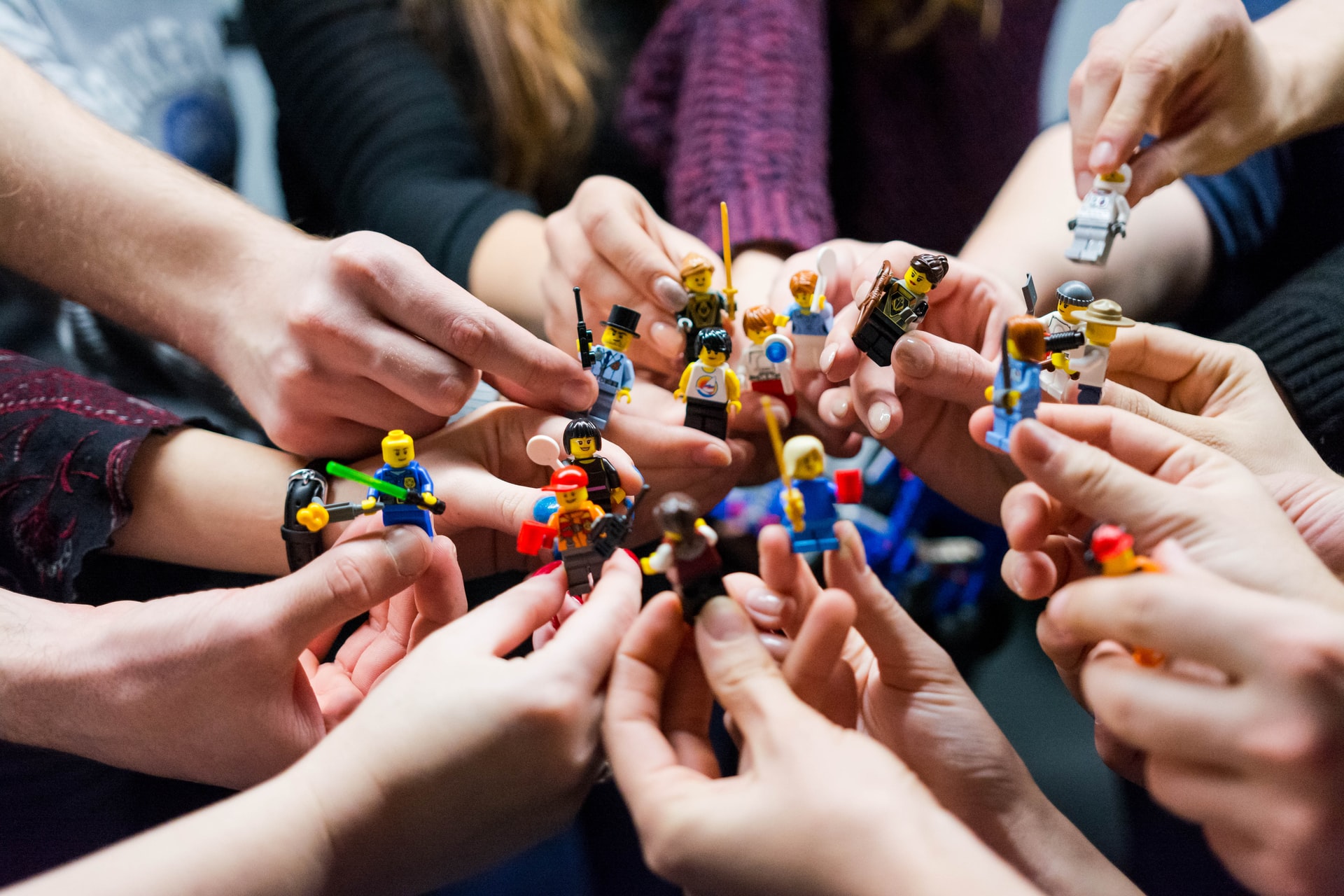Does It Matter Who Learns? A Social Network Model of Team Exploratory and Exploitative Learning

Entrepreneurship Section
Exploratory and exploitative learning are both necessary for the long-term viability of organizations. Recognizing that teams are the fundamental unit in which organizational learning takes place, scholars have started to examine how team learning emerges from the learning activities of individual team members. Drawing upon the organizational learning and social network literatures, we advance this line of research and argue that team exploratory and exploitative learning emerge in different ways depending on the social structure of the team. Using multi-source data on the learning activities of 51 teams representing 224 and a social network analysis of eight weeks of email communication between team members, we show that team exploratory learning is governed by an aggregation model in which more central team members have a bigger influence. Team exploitative learning, in contrast, is best explained by a simple additive composition model in which every team member is equally influential.
Related Posts

Research Talks

Research Talks
In this presentation at the EGOS Colloquium 2022 in Vienna, I argue that team exploratory and exploitative learning emerge in different ways depending on the social structure of the team

Research Publications
This dissertation develops and tests a network perspective on corporate entrepreneurship.

Research Talks
A presentation of a study showing that closed networks serve as social straitjackets that prevent employees from achieving high levels of innovative performance.